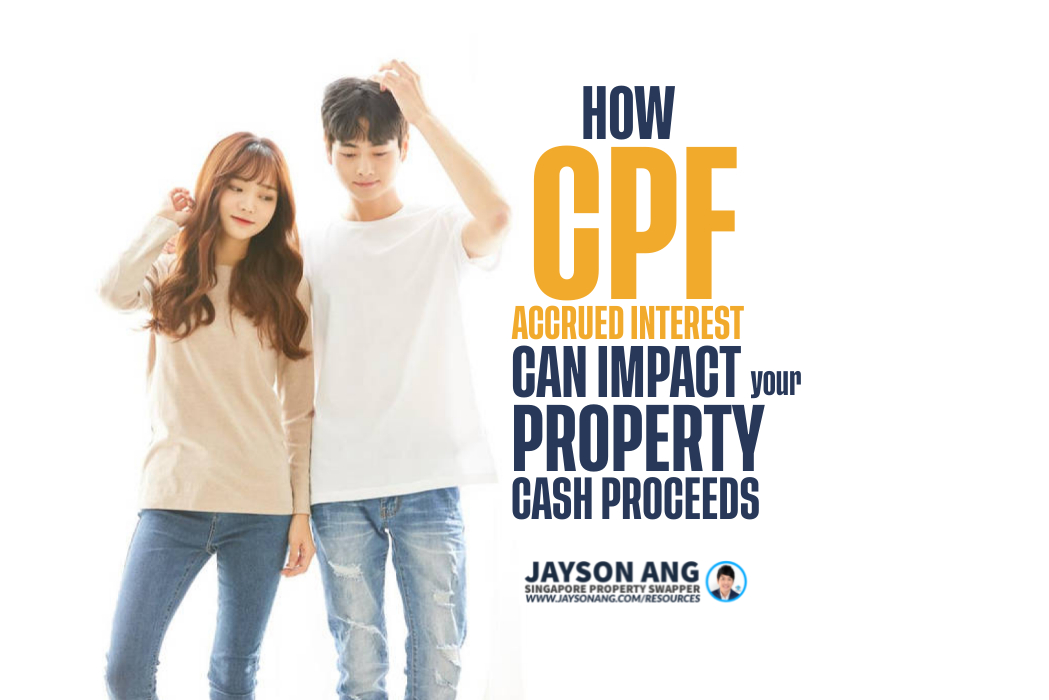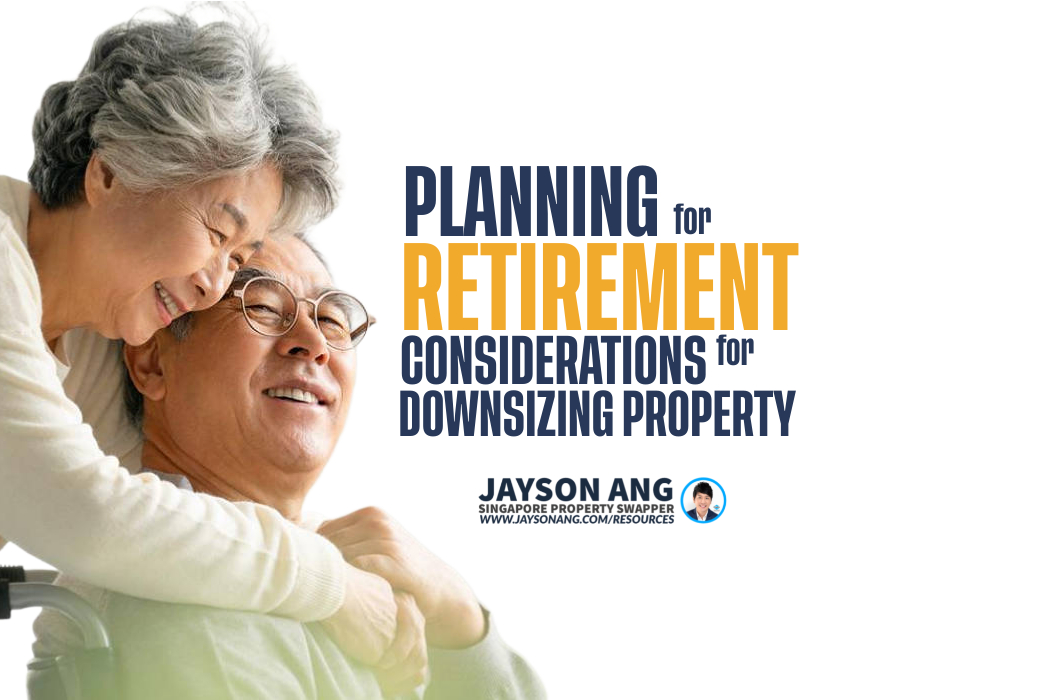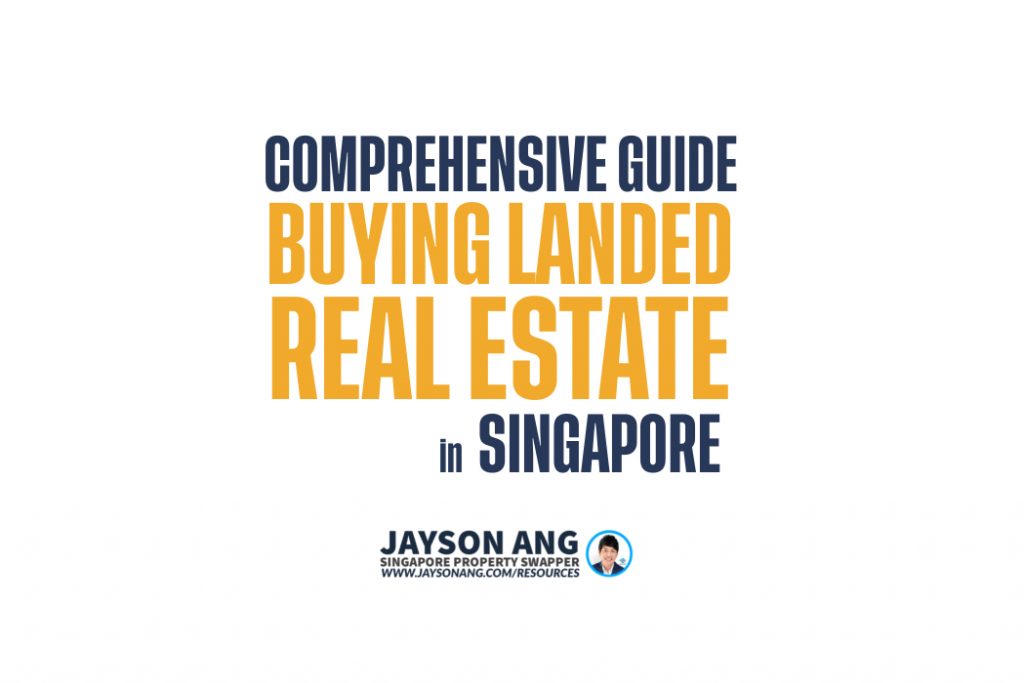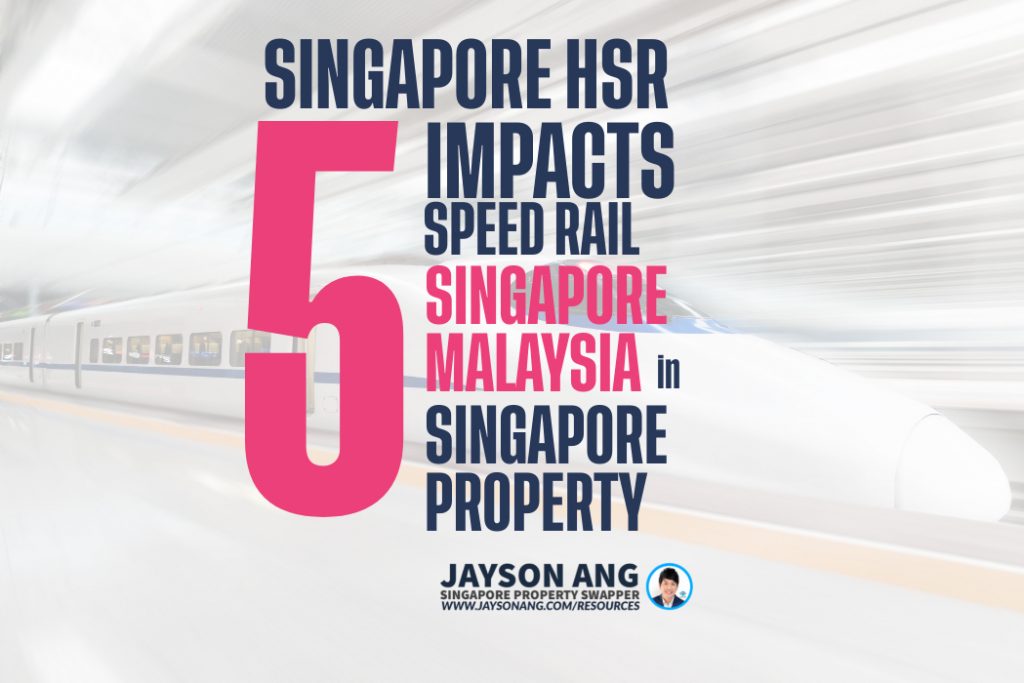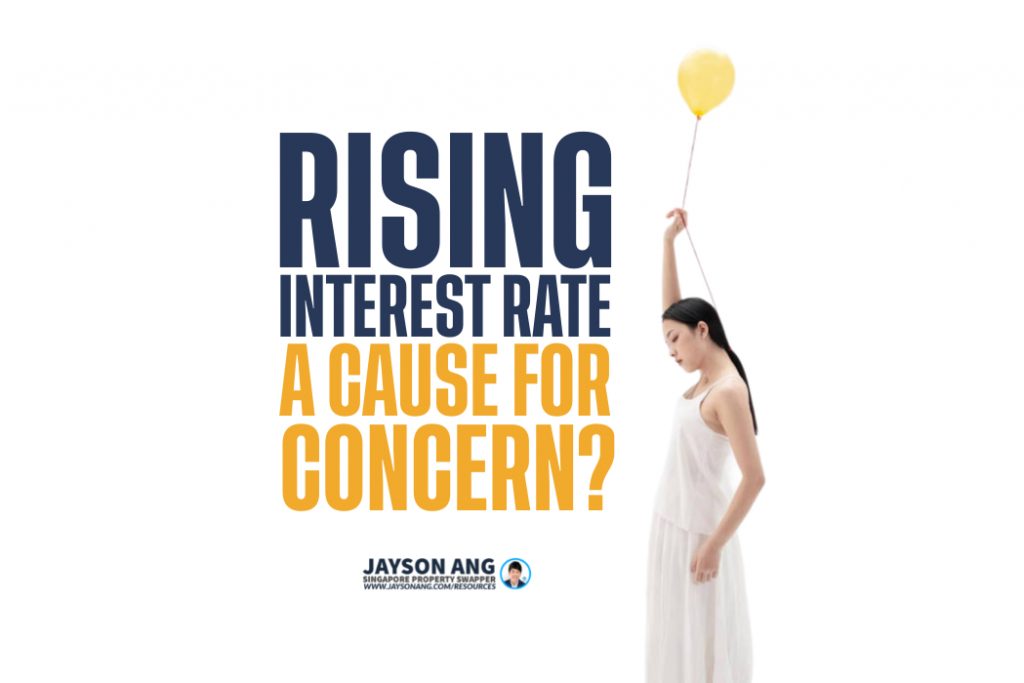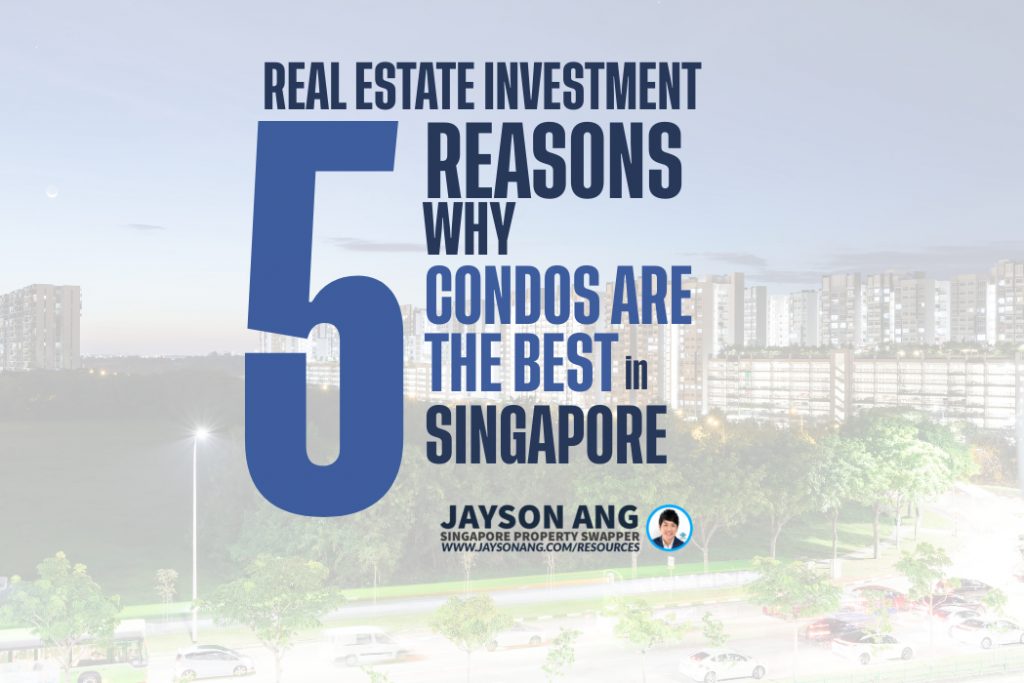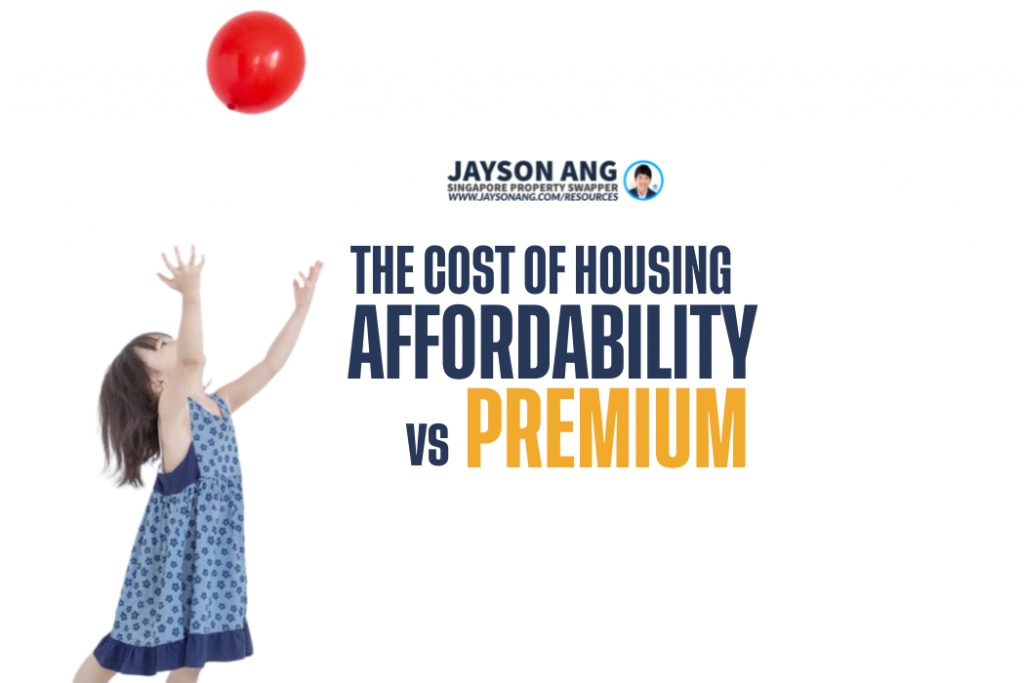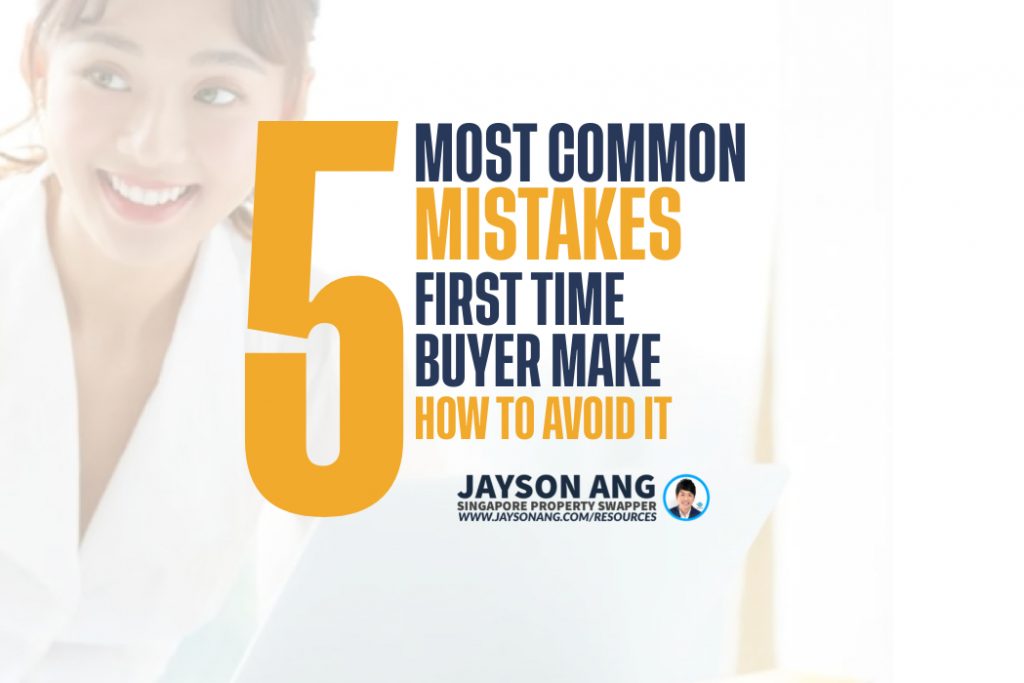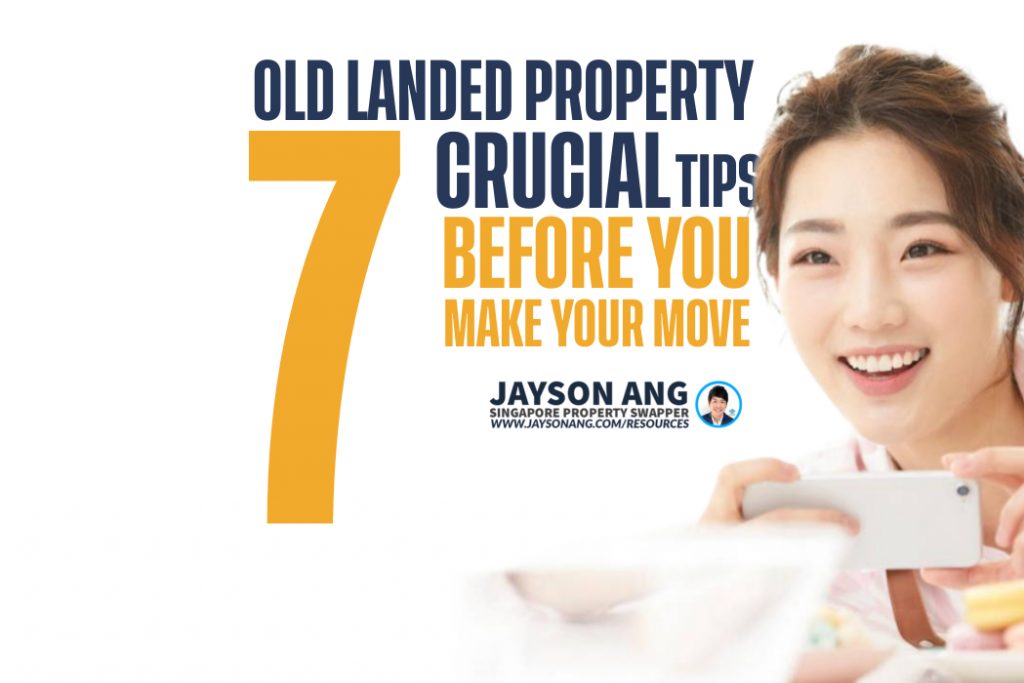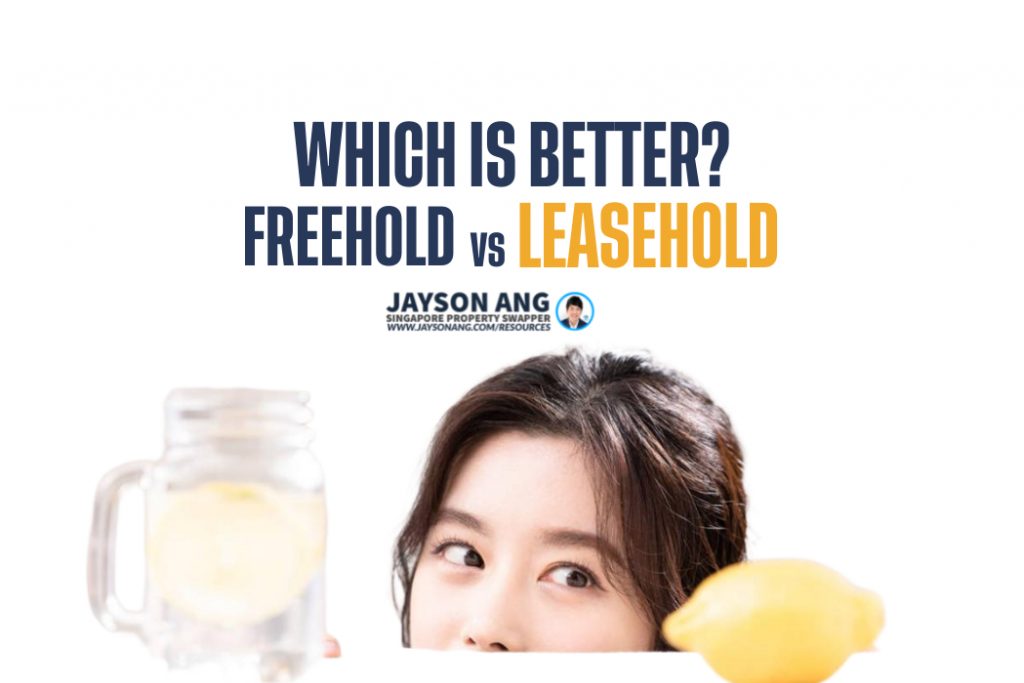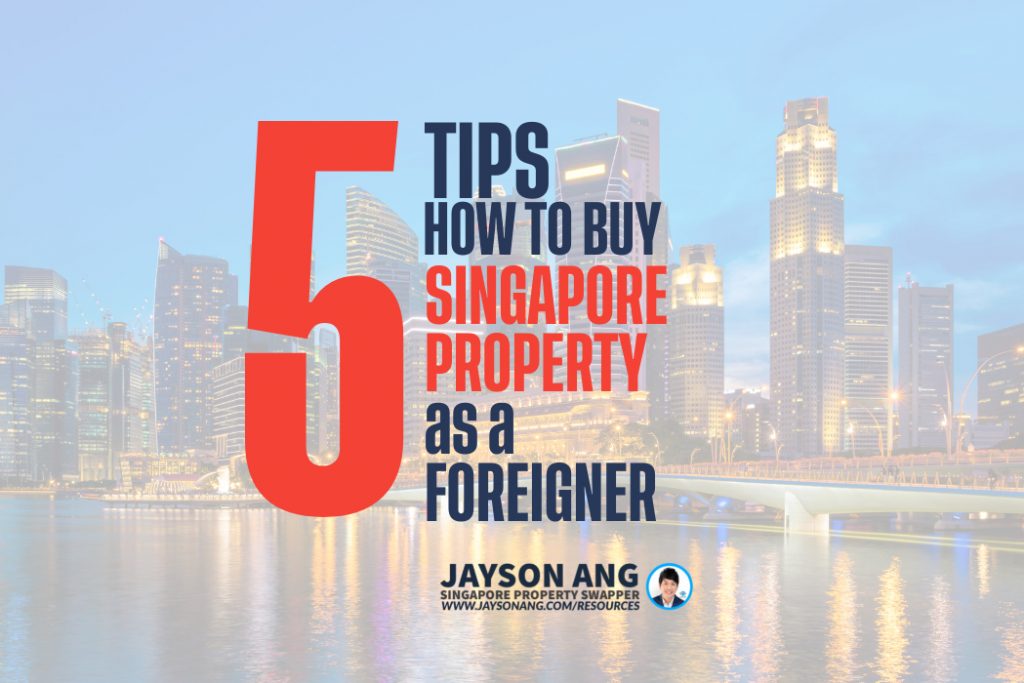Singaporeans are renowned for being smart and savvy – especially when it comes to selling their homes, whether it’s an HDB flat or condo. For the most part, we prefer to receive the sale proceeds in cash, rather than having it go into our Central Provident Fund (CPF) accounts.
In this article, we’ll provide an insight into the amount of money that needs to be refunded back into your CPF account upon selling your house.
Planning your finances and deciding whether to sell your house or not requires knowledge of the amount involved, including property agent commission and the HDB resale levy as deductions from your sale proceeds, as well as how refunding CPF monies to your account works.
Don’t forget, the refunded CPF funds can be used to finance your next home, giving you the opportunity to continue utilizing your hard-earned money!
What You Withdraw From Your CPF Account For The Purpose Of Selling Your House Must Be Returned To Your Account Once The Transaction Has Been Completed
You must pay back any CPF funds used to purchase a property to your CPF account when the property is sold. This repayment includes the original sum used, plus any accrued interest.
What’s Accrued Interest?
You might have been surprised when you heard about the accrued interest rules, but the Singapore government knows what’s up – and it’s clear why!
With your principal amount sitting in your CPF Ordinary Account (CPF OA) instead of having been taken out for your house, you’re now able to enjoy the great benefits of compound interest at the rate of 2.5% per annum!
So, what are you waiting for – start accruing that sweet interest and start planning for the retirement you deserve.
Feeling the pinch of having to pay interest on top of interest on their mortgage is why some folks opt to cover their mortgage instalments in CASH, rather than through their CPF – no matter what the cost.
In Addition To The Original Sum And The Interest That Has Accumulated, You Must Also Return The CPF Grants To Your Account
Getting a grant from the CPF to help pay for your HDB flat may sound generous, but be aware of the strings attached! If you receive the grant, you’ll have to pay back the amount, plus interest, when you go to sell the house.
It was a cautionary tale for flat sellers; forgetting about a CPF grant they’d received years ago nearly cost them their entire cash proceeds from the sale of their flat, forcing them to pay back the grant, along with interest. Interestingly, from 2018 to 2020, the number of people unable to fully refund their CPF monies used for housing seemed to be decreasing – yet in 2021, the figure plunged to 9%.
If selling your property at market value means the amount to refund to your CPF account is more than the cash proceeds you receive, don’t fret! CPF will simply write off the extra amount, meaning you won’t have to return any more than what you get! Keep in mind, though, this offer applies only when you sell at market value.
If you sell your property at a price below market value and the amount due to your CPF account, including interest, is greater than the cash proceeds, you must return all the CPF funds used by default. Even if it requires you to pay cash and refund the option money to cover the shortfall.
However, sellers can submit an appeal to the CPF Board for them to consider waiving the debt.
So, what should you do?
The answer is simple – make sure you understand the risks before selling below market value!
First, Determine The Extent To Which The Accumulated Interest Can Reduce Your Sale Profits
Log in to your CPF account and head to the “My CPF” tab. Click on “Home ownership” to see how much you owe your account. The page will show you the principal amount used and the accrued interest. The sum of these two is what you must return when you sell your property – and that’s your total amount due!
A Step-By-Step Example To Calculate Your Sale Proceeds
To calculate the cash proceeds you will receive from the sale of your property, you’ll need to consider the sale amount, principal sum from your CPF savings, accrued CPF interest, real estate agent commission and legal expenses.
If you’re selling your 4-room HDB flat in 2023 for S$550,000, you can look back and see how far you’ve come! You bought it for S$200,000 in 2013 with a S$15,000 CPF grant and S$20,000 downpayment from your CPF OA savings.
That gave you a loan amount of S$165,000 with a 20-year loan tenure and an interest rate of 2.6%. All your mortgage instalments have been paid with CPF and you’re left with an outstanding loan amount of S$93,000.
(A) Sale amount = S$550,000 (If you’re not sure what your property might sell for, you can either use 99.co’s Property Value Tool or refer to HDB’s past transacted prices)
(B) Outstanding loan amount = S$93,000 (rounded off for easy calculation)
(C) CPF principal amount used = S$107,000 (consisting of S$72,000 mortgage payments + interest paid using CPF and S$35,000 grant plus downpayment)
(D) CPF accrued interest = S$30,000 (rounded off for easy calculation)
It’s important to remember that (D) is calculated from the principal amount compounded yearly up until the time of sale, not until the end of the loan period.
(E) Sale proceeds = (A) – (B) – (C) – (D)
S$550,000 – S$93,000 – S$107,000 – S$30,000= S$320,000
**(You may also estimate your sale proceeds using HDB’s sale proceeds calculator)
(F) Agent commission fee = S$11,000
A commission is typically required when enlisting the services of a property agent to assist with selling your house; the widely accepted rate for an HDB resale flat is 2% of the sale price.
(G) Legal fees = S$2,500
Generally, legal fees cost between S$2,000 to S$3,000.
Cash proceeds = (E) – (F) – (G)
S$320,000 – S$11,000 – S$2,500 = S$306,500
This sum may be enough to cover your next home purchase and/or achieve your goals for selling the house, but it’s not a guarantee.
IMPORTANT: For Those Who Are Aged 55 And Above…
When you turn 55 in 2023, your Full Retirement Sum (FRS) will be S$198,800. If the combined balance of your CPF OA and Special Account (SA) falls short of this threshold, any amount refunded from the sale of your house will automatically be redirected to your Retirement Account to satisfy the FRS.
Whatever remains will stay in your CPF OA and/or SA.
If you are still employed, you can use contributions to your CPF OA to cover any outstanding home loan payments, regardless of whether you reach the Full Retirement Sum or not.
At the end of the day, the refund of accrued interest to your CPF account can really eat into your sale proceeds – this can put a real damper on your plans to upgrade, use the cash to start a business, finance your child’s university education or save for retirement.
Despite the CPF Trends Report revealing that a small percentage of individuals were unable to fully retrieve their CPF funds after selling their homes, meaning they were unable to gain any cash proceeds from the transaction, unless of course they plan to migrate after the sale, whereby they can reclaim their full CPF balance.
Pro Tip: Reduce Accrued Interest By Making A Cash Refund To CPF
If you’re looking to increase your sale proceeds and reduce the amount that needs to be refunded to your CPF account, a voluntary housing refund can be made – either fully or partially – to your CPF account.
To further maximise the return, try to use cash as much as possible when making the remaining loan instalment payments.
If you’re able to make a partial refund (either a partial principal amount or the full principal amount without accrued interest), the amount of interest that you owe will still grow, but not as quickly.
When you sell your house, you will still have to put the money back into your CPF account, but it will be less than what it would have been with a full cash refund (principal + accrued interest) and paying off the home loan with cash.
In other words, if you can afford to make a full cash refund and pay off your mortgage in cash, you won’t have to add anything to your CPF account after selling your house.
Discover Alternate Strategies To Reduce Your CPF Accrued Interest, Leading To More Money In Your Pocket From Future Sales
If you’re taking out an HDB loan with an interest rate of 2.6%, why not think about refinancing to a bank loan with a lower rate?
To avoid the added burden of your mortgage, consider paying a portion in cash and taking a shorter loan term or decreasing the length of your existing loan (no penalties for HDB loans).
Alternatively, if you wish to halt the interest accumulation, you can sell your house – just ensure you have a fool-proof plan to give yourself a secure roof over your head!
Should You Buy, Sell or Wait?
If you’re reading this, you must be trying to figure out the best course of action right now: is it the right time to buy or sell?
It’s difficult to give an exact answer since everyone’s situation is unique and what works for one person may not necessarily work for you.
I can bring you a wealth of on-the-ground experience and a data-driven approach to provide clarity and direction. From beginners to experienced investors, our top-down, objective approach will help you on your real estate journey.
I can help you by:
- Offering Strategic Real Estate Advice – I can help create a comprehensive plan to guide you through your property journey.
- Connecting Your Home with the Perfect Buyers – Through stunning visuals, an effective communication strategy, and an in-depth knowledge of the market, we’ll ensure your home is presented in the best possible way to fulfill your goals.
You May Also Like …

